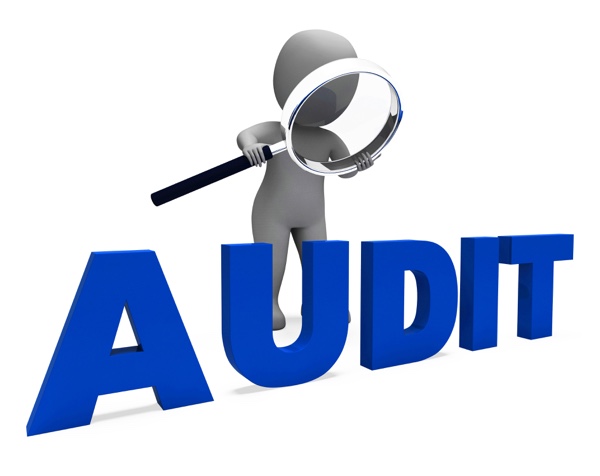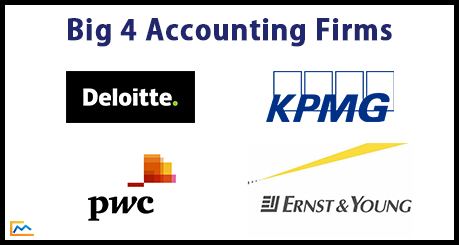What is auditing? What are the differences between auditing and accounting?

I have told clients and friends that I have been working auditing for many years. They immediately thought of ‘Big 4’ and ‘long working hours’ when they heard ‘auditing’. They asked me ‘Do you work until 3am or 4am every day?’. It is true that the working hour for auditing is long. However, most of the laymen might not actually understand what auditing is about.
Content
Differences between auditing and accounting
When people ask me ‘what are the differences between auditing and accounting’, I usually simply tell them that ‘accounting is to make out the calculation and figures while auditing is to check the the calculation and figures done by accountants’. This is the basic work nature for auditing. Most accountants (especially in house accountants) work long term in the same company and only handle accounts of the company. On the other hand, auditors work on project-based that they visit different companies. The main objectives are to check whether accounting records and internal management of those companies strictly follow the regulations under Hong Kong Accounting Standards (HKAS), International/Hong Kong Financial Reporting Standards (IFRS/HKFRS) and Companies Ordinance (Cap.622).

Auditing especially focuses on whether the company involves in misstatement of financial statements, money laundering or even fraud through different accounting and business management methods.
After finishing auditing, audit firms will draft an Audited Report. The Report lists Company and Directors’ Report, financial statements including audited Income Statement and audited Balance Sheet etc. as well as the Independent Auditor’s Report. The Independent Auditor’s Report sums up professional opinion on financial and managerial status of the company. Put it simple, auditor will release ‘Unqualified Opinion’ if the financial governance is excellent without great problems, meaning that financial statements truly and fairly reflect the financial status of company. However, auditor will release ‘Qualified Opinion’ or ‘Adverse Opinion’ or even ‘Disclaimer of Opinion’ if he or she discovers material problems.

Some may ask why audit fee is so expensive that auditing is only about ‘checking figures’. It is because auditors are responsible for the financial and managerial status of the company once they sign in the Independent Auditor’s Report in the Audited Report. For example, an auditor issued an ‘Unqualified Opinion’ Auditor’s Report for Listed Company A. After that, Listed Company A is found to have committed fraud or money laundering. Investors bought shares of Listed Company A and suffered loss by wrongly trusting the Audited Report. Undoubtedly, the auditor would be partly responsible for those investors.
Why do we need Auditing
Everything happens for a reason. Companies would not pay others to check their own accounts for no reasons. Companies have to do auditing in the following several situations:
- Private limited companies have to submit Tax Return together with the Audited Report of the corresponding tax year to Inland Revenue Department if they have received Tax Return.
- Public limited companies (e.g. NGO) have to enclose the Audited Report of previous year every time they submit Annual Return.
- According to HKEx regulation, listed companies have to complete Audited Report of the corresponding financial year within three months since the closing date of the financial year.
- According to Securities and Futures Commission (SFC) regulation, corporations licensed under Article 116 of the Securities and Futures Regulations to run one or more regulated activities need to complete the Audited Report of the corresponding financial year within four months since the closing date of the financial year.
- Most Government Fundings (e.g. technology voucher and ADC funding) require organisations to submit Audited Report of the funding project, which is an necessary procedure for completing the funding item and getting the remaining amount of funding.
- When borrowing from banks, banks usually require company to produce the latest Audited Report as supporting document.
- Government-supervised institutions like funded-schools and owners’ corporations are also required to submit Audited Report to the Government at designated time.
Why do auditors always work OT

You may find curious about the reason why employees in audit firms have to work until midnight giving that the above-mentioned tasks and obligations look ordinary. Firstly, it is because audit work in Hong Kong is regulated by Hong Kong Standards on Auditing under The Hong Kong Institute of Certified Public Accountants (HKICPA) that involves large amount of complicated procedures and document records. Auditors in fact are mainly typing words instead of calculating during work.
Besides, due to market competition and customers are unfamiliar with the importance of auditing, audit fees are continuously lower than the reasonable standard. Moreover, managers in audit firms are prepared to assign the least number of employees and hours to finish an audit job in order to build an ‘impressive transcript’. Under both internal and external forces, an employee have to ‘replace’ labor force of few employees, resulting long working hours per each employee eventually.
相關文章:



